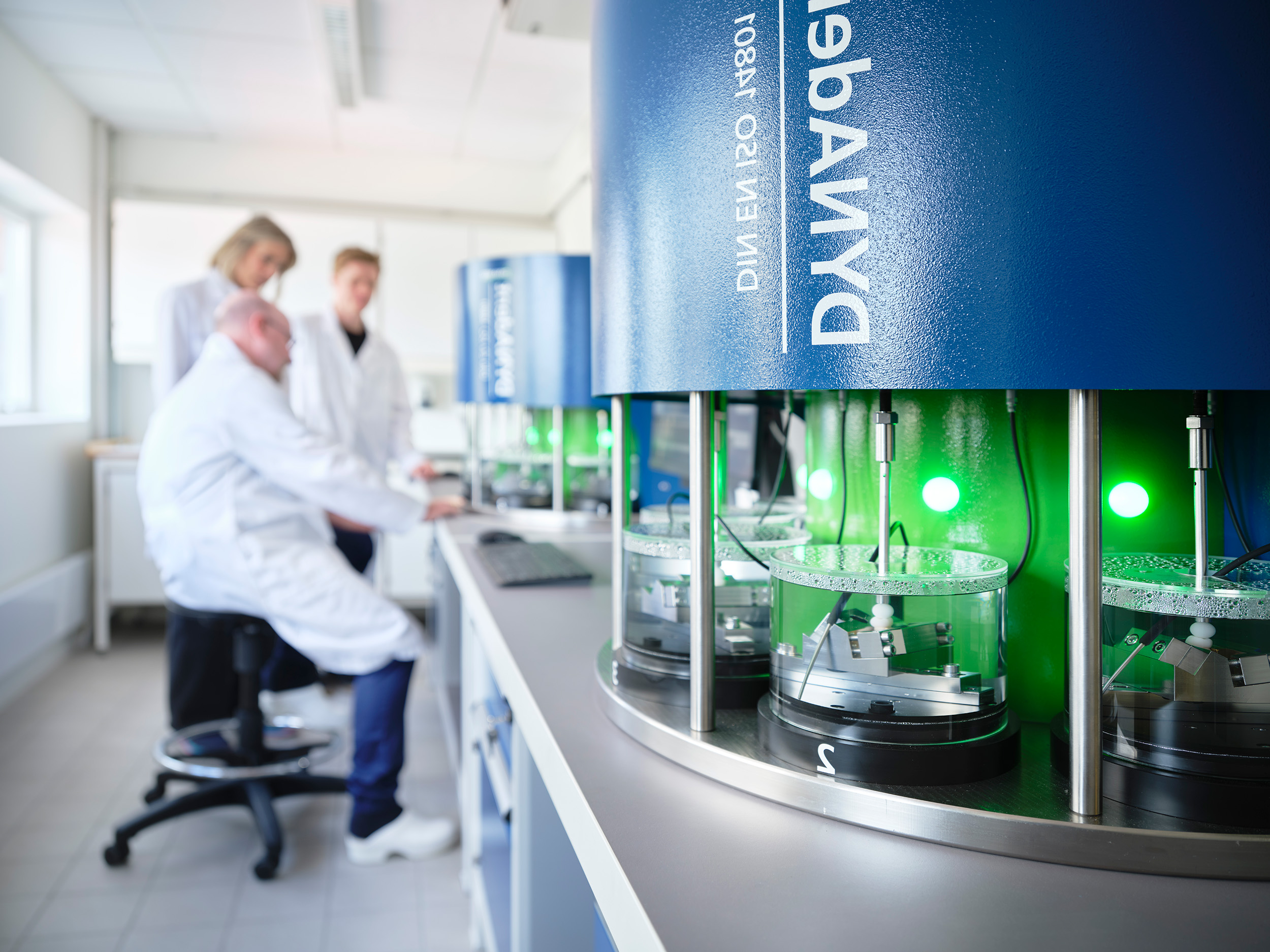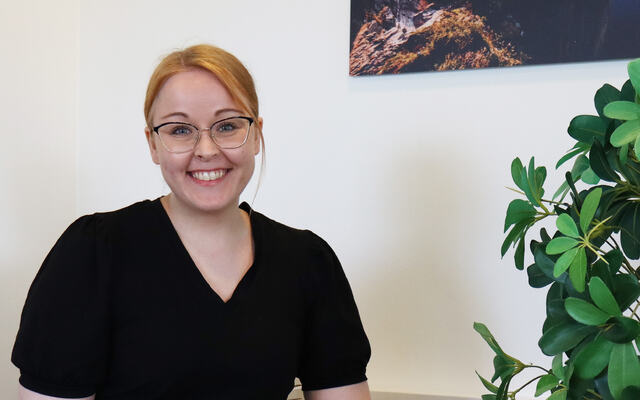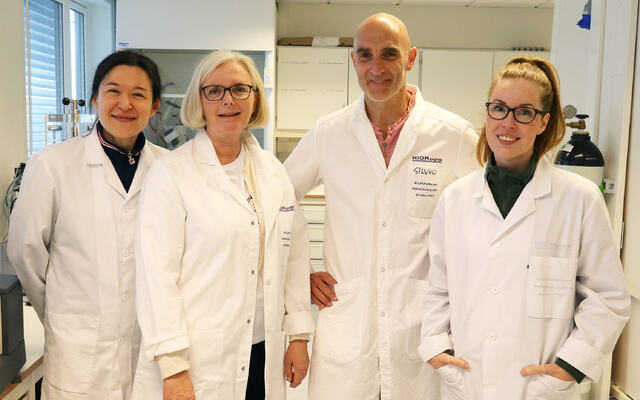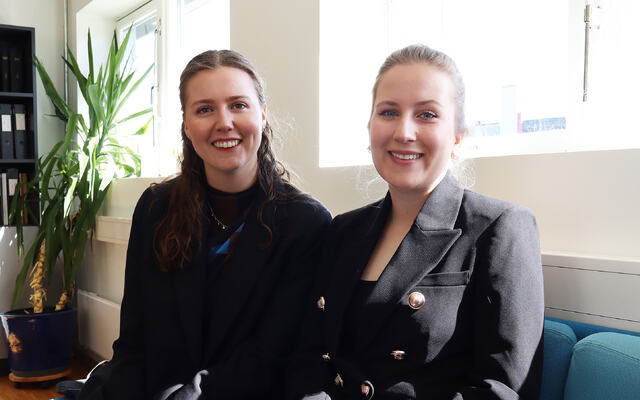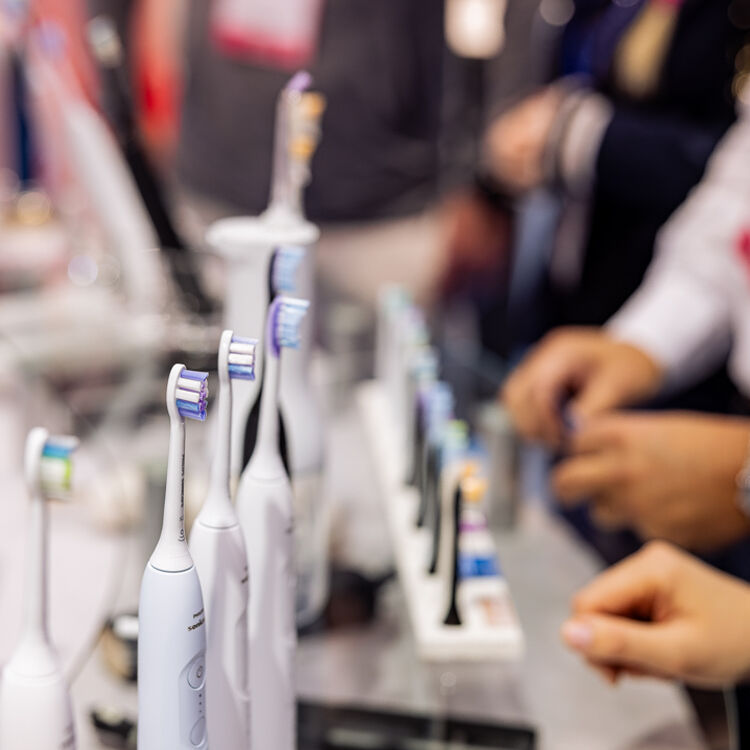Research on biomaterials is a major part of the portfolio of work at NIOM, and we work to ensure that dental biomaterials are safe and effective. Our research involves collaboration with universities, institutes, and public dental services in the Nordic countries and globally.
Learn more
Scientists at NIOM submit their research results for publication in peer-reviewed, scientific journals, both locally in the Nordic countries and internationally.
Learn more
Our goal is to stand as the leading option for biomaterial testing. NIOM, accredited as a test laboratory, conducts customised testing with exceptional quality. Our test results hold acknowledgment from regulatory bodies across the globe.
Learn more

